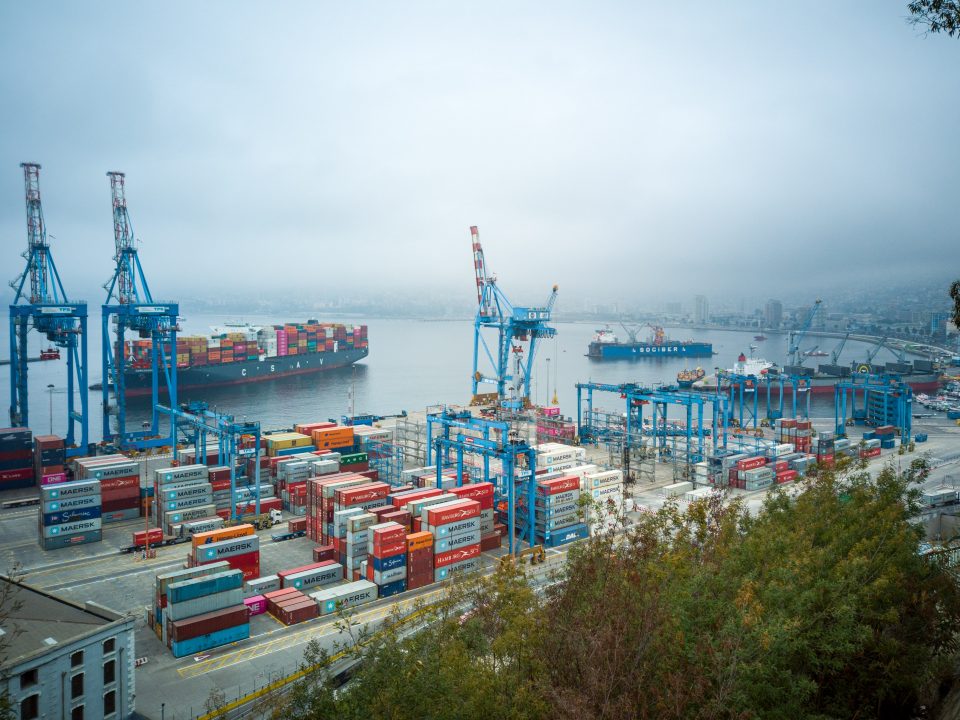Switching from one third-party logistics (3PL) provider to another can be a tricky process that requires the most detailed planning given its time-sensitive nature. If done right, changing to a better partner can help your business flourish and move forward, and this is only possible with a seamless transition. Here are some things to consider when looking for a new logistics company to partner with for your specific needs.
Knowing When It’s Time to Switch
When you’re receiving complaints about damaged products and switched orders, then it might be worth looking into your logistics partner’s service quality. If it’s consistently substandard and you’re at risk for damaging your reputation, then it’s time to make the switch. You need a 3PL to keep up with all the changes and new expectations in the logistics industry. Customers have grown used to next-day deliveries and are constantly looking out for the status of their packages. If your current provider hasn’t updated their technologies and processes since you partnered with them, then they might have difficulty adjusting to your new business requirements.
Another indicator that you’re working with the right logistics partner is if you feel they are reliable and understand your specific business needs. They are reachable at any time of the day and work quickly to resolve any issues that arise. If you feel that you lack this support system, then it’s a good sign that you should switch partners.
Choosing the Right Time to Switch
The timing of your transition between logistics service providers is crucial to ensure it does not disrupt your business activities. Merchants who intend to search for new providers will usually ensure that it falls at the start of a new fiscal year. It’s best to make the transition during a quiet period to avoid disrupting any major business operations or during the introduction of a new product line.
Ensuring a Seamless Transition
After securing your engagement with the new logistics partner, planning and executing your transition comes next. The most important aspect of this step is the definition of your processes to maintain customer service levels, speed, and cost control. Your new partner should understand these processes and business requirements and adjust accordingly.
What to Ask Your New Partner
Asking your partner the right questions is one way to ensure that they’re the best fit for your business before finalizing your decision. Here are some helpful ones that you can ask them:
- What types of products do you specialize in?
- How will you meet my performance metrics?
- Do you have minimum monthly order volumes to work with the fulfillment center?
- What is your company’s history and experience?
- Is your technology compatible with ours?
- What do you have for predictive analytics?
- What errors have you handled in the past?
Conclusion
Changing logistics partners can be the most logical choice for your business. The key is to get the transition’s timing just right so that they meld seamlessly into your business operations. While an adjustment period is expected, proper planning and preparation will lessen these difficulties and ensure a seamless transition. Identifying the signs that you might need a new partner is the first step, and while it is often difficult to part ways with a long-time, loyal partner, it is the best business decision to choose someone who is just the right fit.
At RJS Logistics, we provide the transportation of different commodities, among other services, such as refrigeration, load consolidating, expedited deliveries, and more. If your business needs to fulfill logistics requirements in North Carolina that are up to date and efficient, then get in touch with us today!




